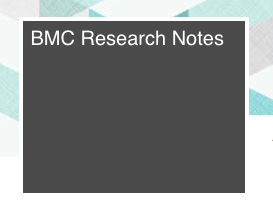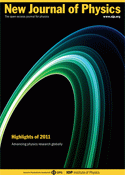A pair of researchers affiliated with the University of Galati in Romania were suspended after duplicating work in their papers on materials used to build ships, earning them four retractions last year, and one the year before.
According to Romanian newspaper Impact Est, in December an ethics committee found that co-authors Ionel Chirica and Elena-Felicia Beznea committed “a number of breaches of ethics,” including self-plagiarism. Both received two-year suspensions from holding certain research positions.
These aren’t the only problems Chirica has faced: In 2013, he resigned from his position as the director of the Doctoral School of Engineering, according to Impact Est, for reasons that are unclear. In 2012, he also lost two additional papers on which he is the sole author.
Last fall, Computational Materials Science retracted four papers by Chirica and Beznea, publishing almost identical notices. We’ll start with the one for “Response of ship hull laminated plates to close proximity blast loads:”
Continue reading Authors suspended as duplications sink papers on ship building






 A team of biologists have earned a fifth retraction for a paper containing manipulated images, following an investigation by the Swedish government.
A team of biologists have earned a fifth retraction for a paper containing manipulated images, following an investigation by the Swedish government.

